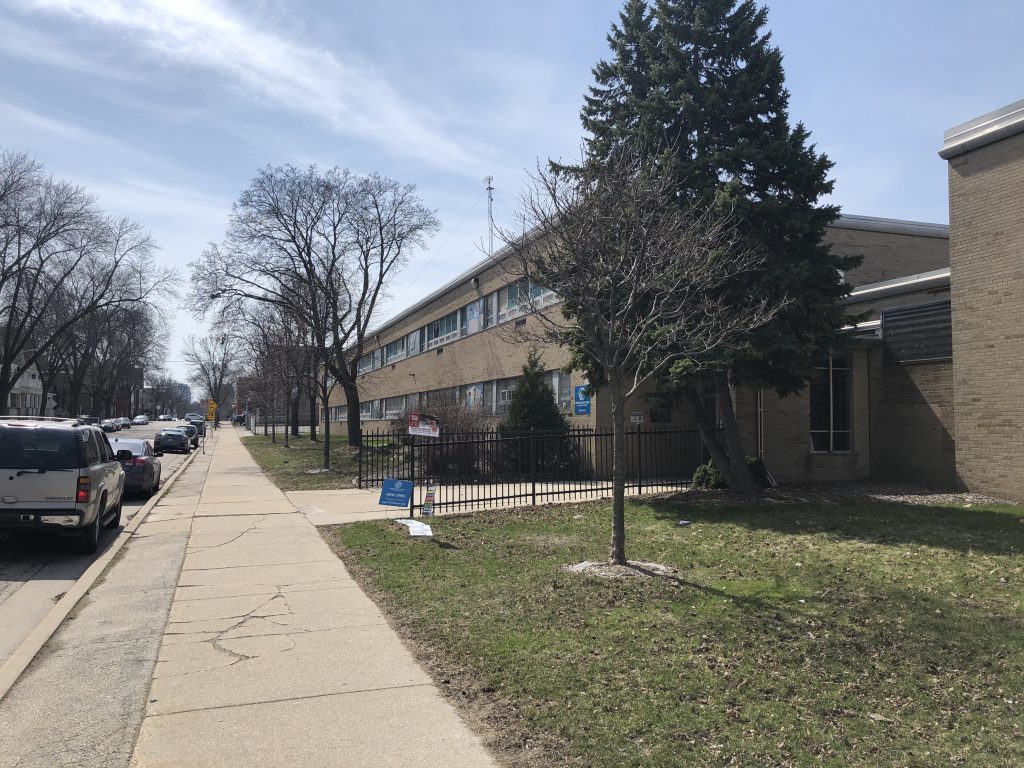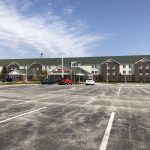Tax Bills Trigger School Funding Debate
Property taxes rising for schools. Evers, Democrats call for more state aid.
Property tax bills Wisconsin homeowners are opening prompt this question for Gov. Tony Evers and Republican legislative leaders who must agree on a new state budget next year: Should the soaring cost of K-12 schools be paid for largely by state government or by the passage of district-by-district referendums?
It’s a more controversial question this year, because homeowners are opening tax bills with a $327.2 million increase – a 5.7% jump – in property taxes for K-12 schools, especially in districts that recently passed referendums. That’s more than twice the January-through-November inflation rate of 2.7%.
“The increase of 5.7% over last December’s gross property tax bills is the highest since 2009, but not far above last year’s 5.4% increase,” the non-partisan Wisconsin Policy Forum reported. “These [increases] reflect the outsized impact of school referenda on property tax levels.”
Jill Underly, state superintendent of public instruction who is up for re-election in April, says state government should pay significantly more of K-12 costs to limit the number of future referendums.
Spending most of the state’s $4.6 billion surplus on K-12 schools would mean “schools have the resources necessary so that they can educate kids and hopefully not have to go to referendums as frequently as they’ve had to,” Underly said in a Capital Times interview.
Underly justified the Department of Public Instruction’s request for $4 billion more in state school aid in the 2025-2027 budget this way:
“The cost of educating students has risen steadily … certainly due to inflation and rising costs. But it’s also because state funding hasn’t kept up with these increases, so school districts have had to go to referendums.”
Underly forwarded her request for $4 billion more to Evers, a former superintendent of public instruction. The governor is considering how much of that increase to include in the two-year budget he will recommend to Republicans who control the Legislature early next year.
There is no chance that Republicans will spend most of the $4.6 billion surplus to increase state aid to K-12 schools. Republican leaders have said their top priority will again be passing an income tax cut Evers will accept.
State aid to K-12 schools has increased by almost 39% in the last decade, according to the non-partisan Legislative Fiscal Bureau.
Fiscal Bureau numbers say state K-12 aid and tax credits will total $8.53 billion in the budget year that ends on July 1 – $2.6 billion more than in the 2014-15 budget. In that decade, state aid to private schools participating in the Choice program more than doubled, going from $154.2 million to $319 million.
State K-12 aid will take 38% of all general-fund tax collections this year.
How to pay for the future of K-12 schools is also a philosophical debate: Should more K-12 spending come from taxes paid by all Wisconsin residents or should there continue to be local control through referendums? Shouldn’t local school district leaders be able to convince their neighbors to raise their property taxes to maintain those schools?
The Policy Forum put a historical context on the approval rate of referendums to build new schools and maintain and upgrade old ones.
“In 2024, the approved referenda authorized a total of $4.4 billion in new funds for school districts, $3.3 billion of which will come from debt. This was by far the most ever in a calendar year, breaking the old record of $2.7 billion … in 2020.”
But there are signs local homeowners may be getting tired of raising their property taxes to pay for local schools.
The Policy Forum noted “a school referendum passage rate for all of 2024 of 70.1%…a 10 percentage-point decline from 2022 and the lowest passage rate in a midterm or presidential election year since 2014. This decrease continues a recent trend of declining passage rates since 2018.”
There’s another sign that public opinion could be shifting on referendums for local schools.
In October, Marquette University’s Law School poll found that 55% of registered voters named lower property taxes as a more important goal than increased school funding, which was supported by 43% of respondents.
That was a one-year reversal, because Marquette’s fall 2023 poll found that increasing school funding was a higher priority than lowering property taxes by the same 54%-to-43% margin.
Steven Walters started covering the Capitol in 1988. Contact him at stevenscotwalters@gmail.com
If you think stories like this are important, become a member of Urban Milwaukee and help support real, independent journalism. Plus you get some cool added benefits.
The State of Politics
-
A Wisconsin Political Trivia Quiz
 Dec 15th, 2025 by Steven Walters
Dec 15th, 2025 by Steven Walters
-
The Fight Over Wisconsin’s House Districts
 Dec 8th, 2025 by Steven Walters
Dec 8th, 2025 by Steven Walters
-
The Battle Over On-Line Betting
 Nov 24th, 2025 by Steven Walters
Nov 24th, 2025 by Steven Walters






















